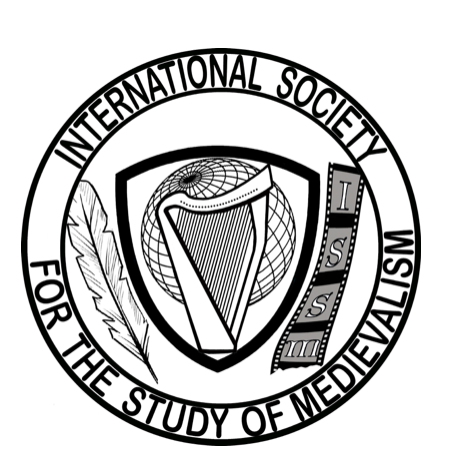
The Lost Provinces, or Lost and Found Medievalisms (International Society for the Study of Medievalism 2022)
October 20-22, Appalachian State University, Boone, NC
Appel pour le 1er juin
Plenary Speakers:
Kristen Carella (Assumption University),
“Crossing Every Border: Transgender Identity from Merlin to Laura Jane Grace”
and Orville Hicks, renowned Appalachian storyteller
Southern Appalachia has long been perceived as a region in the American margins, both materially and metaphorically. In colonial times it formed part of the frontier; in the modern era, it continues to lie at the edges of regional, political, cultural, and even historical consciousness. Within the Appalachian mountains in North Carolina, one discrete region in the northwest part of the state was even more marginalized prior to the 20th century: the Lost Provinces, separated from the rest of the state by the Eastern Continental Divide—with mountains towering up to 4,700 feet above sea level—which forms their eastern and southern borders. As Flatlanders liked to say, “the only way to get there was to be born there.”
In the public imaginary, the Middle Ages is similarly “lost” to us, bordered by the glories of Rome on one side and the European Renaissance on the other. Such perception is particularly apparent in popular medievalism which depicts a Dark Ages fraught with violence—particularly sexual violence—plague, superstition, and filth, features, incidentally, often associated with the Appalachian people.
In this spirit, ISSM 2022 asks participants to examine how the “lost Middle Ages” has been found through various medievalisms past and present. We particularly welcome those that explore the following areas:
- Medievalisms that purport to rediscover the lost relics of the Middle Ages (e. g., the Holy Grail in Indiana Jones and the Last Crusader or The Davinci Code); medievalism and material culture
- Medievalisms that return to the “lost” past (e. g., A Connecticut Yankee in King Arthur’s Court, Timeline, or Fuqua’s King Arthur—aka “the Untold True Story that Inspired the Legend”); medievalism and politics or political movements
- Medievalisms that recover “lost” peoples or identities (e. g., representations of people of color in Legendborn or the queering of the Robin Hood legend in the Greenwode series); medievalism and issues of race, gender, sexuality, and gender identity; medievalism and games across media
However, we invite papers and presentations on all topics of medievalism, not limited to these suggested themes. We particularly welcome proposals from presenters in (or addressing topics related to) regions outside North America, Western Europe, and the Anglophone world.
Send paper and/or panel proposals (abstracts of 250-300 words each) by June 1, 2022 to Alexandra Sterling-Hellenbrand (hellenbranda@appstate.edu).
Other members of the organizing committee include Alison Gulley, English (gulleyea@appstate.edu) and Mary Valante, History (valantema@appstate.edu)
*The conference will be hybrid, with some dedicated Zoom sessions. The plenary sessions will be in-person and streamed.